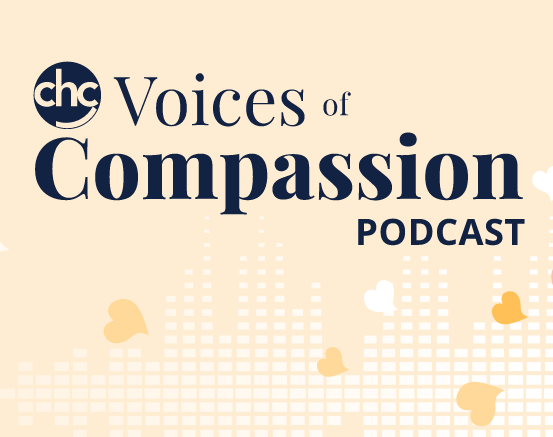Stress & Resilience During COVID
 COVID has altered almost every aspect of our lives, and the effects of this cumulative and prolonged stress response can affect our brain size, structure and functioning.
COVID has altered almost every aspect of our lives, and the effects of this cumulative and prolonged stress response can affect our brain size, structure and functioning.
We sat down with Clinical Program Manager and Licensed Psychologist at CHC, Patrice Crisostomo, PhD, to learn about the very individualized ways that stress can manifest itself in kids and adults, and effective vs. ineffective coping strategies.
In a year where every one of us has experienced the loss of normalcy, safety and independence, we are feeling the effects of psychological and physiological fatigue. Stress can manifest itself in a variety of physical, emotional and behavioral symptoms, which can make it harder for kids to learn and contribute to risk of developing mental health difficulties. Listen in as Dr. Crisostomo, Clinical Program Manager and Licensed Psychologist at CHC, explains our bodies’ stress response during COVID and how we can build resilience during challenging times. You’ll walk away with a better understanding of why you (and your child) feel the way you do, a sense of self-validation and a doctor’s orders to “be kind to yourself.”
All Voices of Compassion podcast episodes are available on-demand to stream or download. Listen to Stress & Resilience During COVID online at podcasts.chconline.org. You can also subscribe to Voices of Compassion on Apple podcasts, Spotify and other podcast apps.
Do you need someone to talk to? CHC can help. We invite you to call or email our Care Managers at 650.688.3625 or careteam@testing.chconline.org to set up a free 30-minute consultation. CHC teletherapy services are available now.





